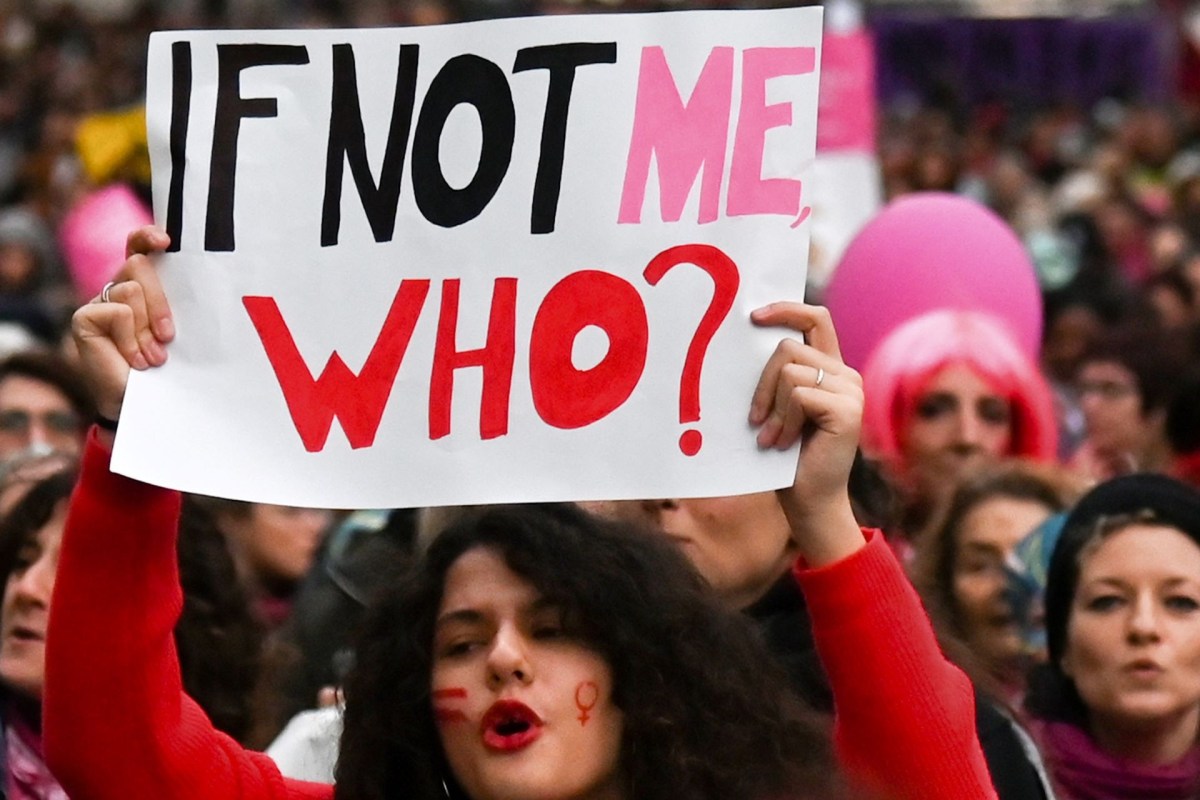As climate change continues to worsen, extreme weather events such as heat waves, floods, and severe storms are becoming more frequent.
And the consequences of these disasters often fall on our most vulnerable people.
Data suggests there is a direct connection between extreme weather events and violence against women, The Washington Post recently reported in tandem with The Fuller Project.
What is happening?
The Post article gives several examples of how extreme weather can lead to escalating threats of violence against women and girls.
The changing climate already disproportionately affects our poorest and most vulnerable communities, which already have few resources to combat disasters or to rebuild after they strike. And the stresses of dealing with those disasters can exacerbate issues of domestic violence that already exist.
In addition, extreme weather events such as floods can trap people in place, leaving them no escape from their abusers.
This year, the U.N. Intergovernmental Panel on Climate Change wrote that there is a link between the changing climate and increasing domestic violence.
This conclusion has been echoed by several studies, including one that showed that domestic violence rose by 60% in areas that experienced extreme weather.
"Heat waves, floods, climate-induced disasters increase sexual harassment, mental and physical abuse, femicide, reduce economic and educational opportunity and increase the risk of trafficking due to forced migration," said Terry McGovern, the head of the department of Population and Family Health at Columbia University's Mailman School of Public Health.
What is being done about the violence against women affected by climate change?
There are incredible humanitarian organizations working to help the women who find themselves in these devastating situations.
After Typhoon Rai hit the Philippines, some local organizations launched poster campaigns to connect women with places they could go for shelter and a phone number they could call if they were experiencing domestic violence.
In northern Kenya, there is a shelter for abuse survivors who have been driven from their homes, and a nonprofit organization, the Samburu Women Trust, that helps those women support themselves.
However, there is little these groups can do to address the root causes of societally-enforced gender inequality that leads to violence against women worldwide.
The issue of our warming planet, which exacerbates and worsens these societal problems, must be addressed on every level — from global governments making moves to lessen our reliance on the dirty energy sources that cause our planet to overheat, to individuals choosing cleaner, cheaper energy sources when they are able to — to reverse course and protect our most vulnerable people.
Join our free newsletter for cool news and actionable info that makes it easy to help yourself while helping the planet.









